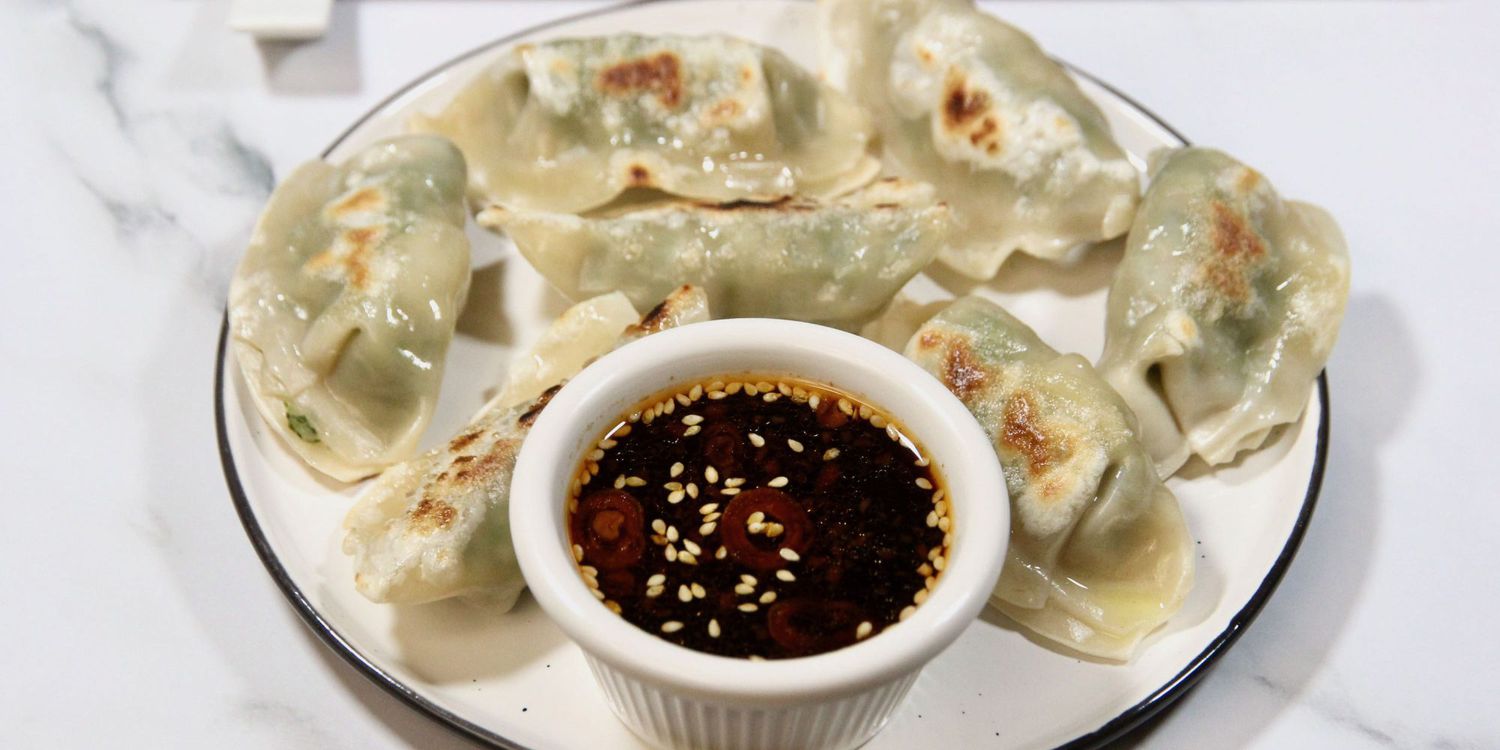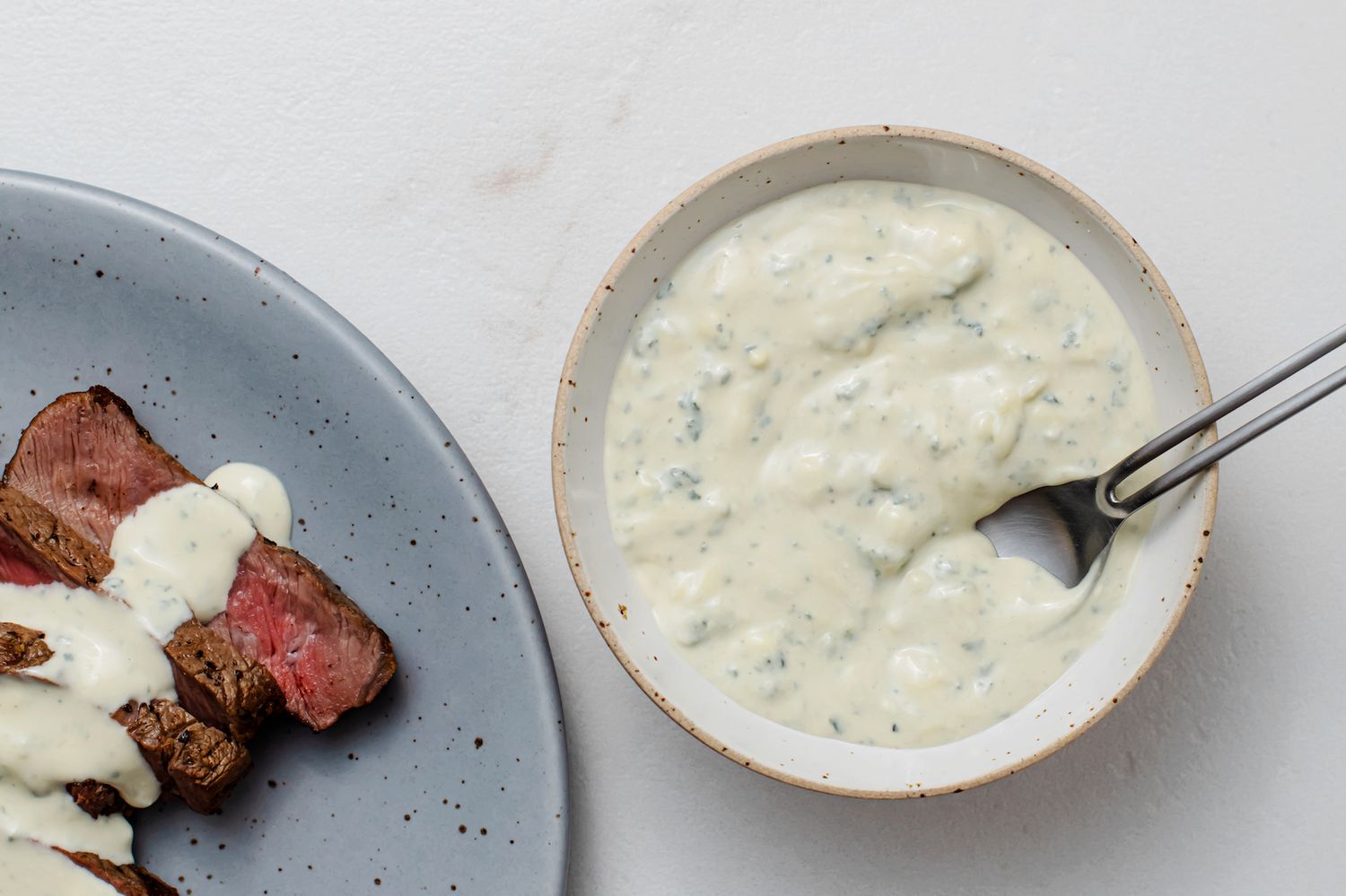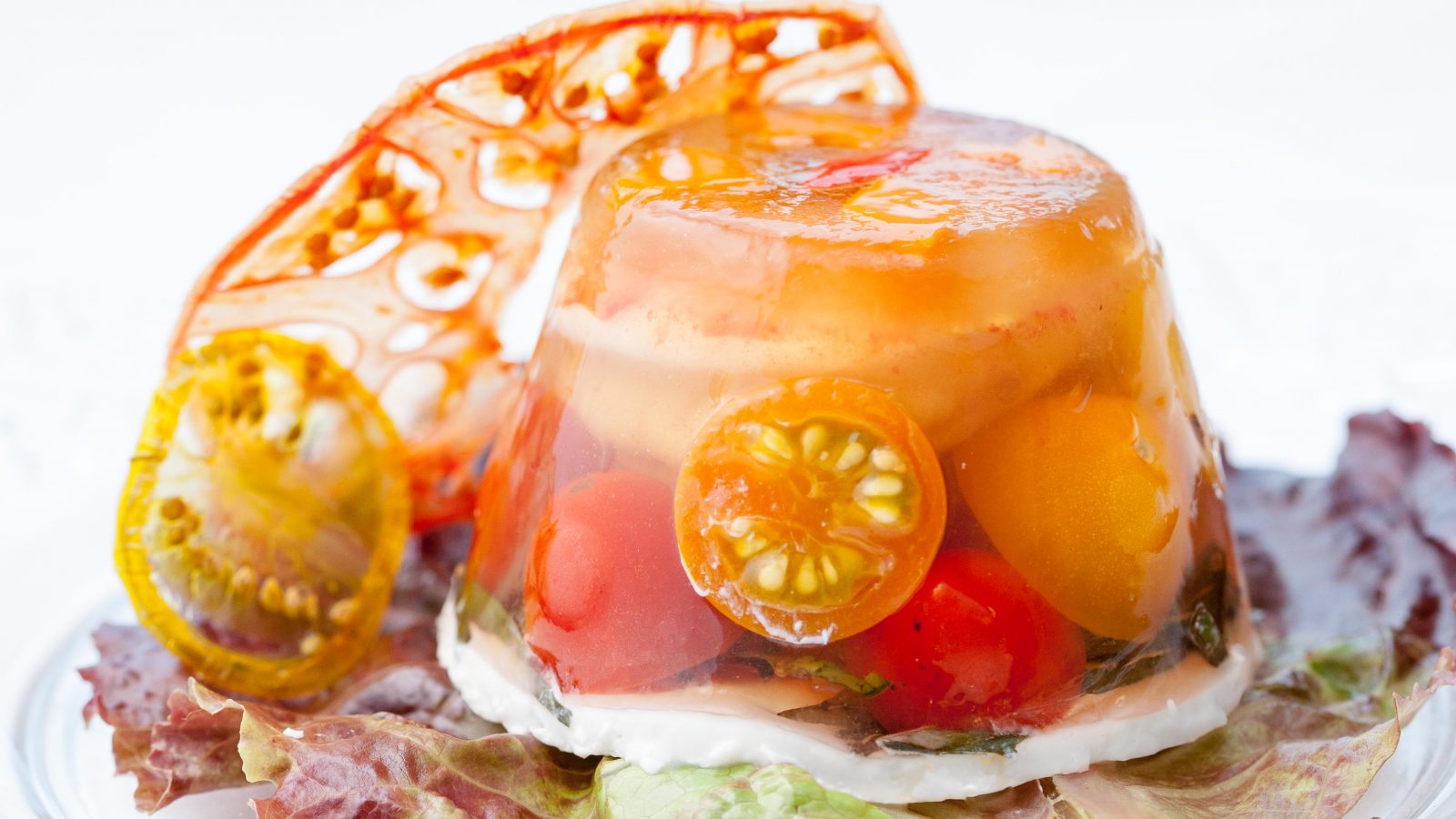Discovering the Deliciousness of Kalbi Sauce
Have you ever tried Kalbi sauce? If not, you’re missing out on a delicious and versatile condiment that can take your meals to the next level. In this article, we’ll explore what Kalbi sauce is, how it’s used, and why it’s become a favorite in many kitchens around the world.
What is Kalbi Sauce?
Kalbi sauce is a savory and slightly sweet marinade and dipping sauce that originates from Korean cuisine. It is commonly used to flavor grilled or barbecued meats, particularly beef short ribs, but it can also be used with chicken, pork, or even tofu. The sauce typically contains a blend of ingredients such as soy sauce, sugar, garlic, sesame oil, and often includes fruits such as pear or apple for natural sweetness.
How is Kalbi Sauce Used?
Kalbi sauce is incredibly versatile and can be used in a variety of ways to enhance the flavor of your dishes. Here are some popular uses for Kalbi sauce:
- Marinade: Kalbi sauce is commonly used as a marinade for meats. Simply coat your protein of choice with the sauce and let it sit for a few hours or overnight to allow the flavors to penetrate the meat.
- Grilling: Once marinated, the meat can be grilled to perfection, creating a delicious caramelized exterior and a tender, flavorful interior.
- Dipping Sauce: Kalbi sauce can also be served as a dipping sauce alongside the grilled meat. Its savory and slightly sweet flavor adds a delightful contrast to the smoky, charred meat.
- Stir-Fries: Kalbi sauce can be used as a flavoring agent in stir-fry dishes, adding depth and complexity to the overall flavor profile.
Why is Kalbi Sauce So Popular?
There are several reasons why Kalbi sauce has gained popularity beyond Korean cuisine:
- Flavor Profile: The combination of savory, sweet, and umami flavors in Kalbi sauce makes it incredibly appealing to a wide range of palates.
- Versatility: Its ability to complement a variety of meats and dishes makes it a go-to condiment for many home cooks and chefs.
- Cultural Influence: With the growing popularity of Korean barbecue and Korean cuisine in general, Kalbi sauce has become more widely recognized and appreciated.
Whether you’re a fan of Korean cuisine or simply love exploring new flavors, Kalbi sauce is a must-try condiment that can elevate your cooking to new heights. Its rich, complex flavors and versatility make it a valuable addition to any kitchen.
Next time you’re planning a barbecue or stir-fry night, consider incorporating Kalbi sauce into your recipes for a delicious and memorable dining experience.
So, if you haven’t already, it’s time to add a bottle of Kalbi sauce to your pantry and start experimenting with this delectable Korean condiment. Your taste buds will thank you!
Was this page helpful?
Read Next: What Is Del Monte Juice











